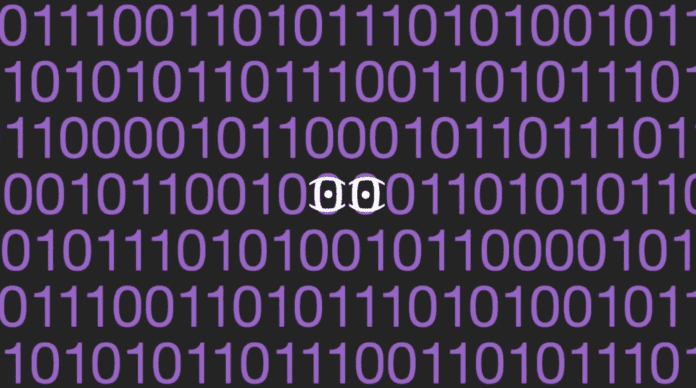Each year Ericsson looks ahead at consumer technology trends that will likely shape the way humans interact with their devices and with each other. In its latest report, The 10 Hot Consumer Trends for 2018 and Beyond, a theme emerges of a continuously more intimate relationship between users and their mobile devices, as well as a changing nature of those devices.
Essentially, Ericsson researchers expect our devices to become smarter–capable of reacting to a user’s moods and feelings based on artificial intelligence that can react to facial expressions and other cues. The report findings are based on an online survey of “advanced internet users in 10 influential cities” conducted in October 2017.
Ericsson Consumer Lab Michael Björn, foresees “a future where devices neither have buttons and switches nor need to be controlled digitally via your smartphone. In fact, this may be a necessary change, as it would be difficult for people to learn a new user interface for every device that gets connected to the internet of things…In the future, the devices will know you instead. For this to become a reality, devices must be able to relay complex human interaction data to cloud-based processing, and respond intuitively within milliseconds, increasing requirements on next generation connectivity.”
Taken from the report, here are the 10 future consumer trends as identified by Ericsson:
- Voice assistants will give way to smarter UIs that pick up on “body language, expression, intonation and touch.” Survey respondents expect to see this in about three years.
- Real-time language translation services were something 63% of consumer want; 52% want earphones that can “block out a family member’s snoring.” This suggests the possibility of consumers constantly wearing earphones, which Ericsson dubs “augmented hearing.”
- In this constant state of technological flux, 30% of survey-takers said “new technology makes it hard to keep their skills up to date.
- The era of fake news, coupled with social media support for live broadcasting, creates a paradigm wherein about half of respondents “say AI would be useful to check facts posted on social networks.”
- With the perpetuation of augmented and virtual reality, many consumers say advertisements “will become so realistic they will eventually replace the products themselves.”
- Although AI and intuitive devices promise enhancements to user experience, it’s kind of creepy. 50% of those surveyed “think not being able to tell the difference between human and machine would spook them out. 40% would also be spooked by a smartphone that reacts to their mood.”
- As the IoT, AI and connectivity converge to automate formerly manual jobs, we may have to rethink traditional concepts of employments as an identifier of personal value or worth. Ericsson calls this a leisure society. “32% of students and working people do not think they need a job to develop a meaningful life. 40% say they would like a robot that works and earns income for them, freeing up leisure time.”
- Remember the moving pictures in the Harry Potter series? Take that a step further and imagine using virtual reality to digitally step inside a photograph. 75% of respondents expect that tech to be available in five years.
- Drones and other types of autonomous vehicles need their own elevated streets, according to 39% of survey takers. This also highlights safety concerns around drones falling out of the air and hurting a pedestrian.
- And, finally, with this ubiquity of mobile devices, you’ve got to have power. “More than 80% believe that in only five years we will have long-lasting batteries that will put an end to charging concerns.”

